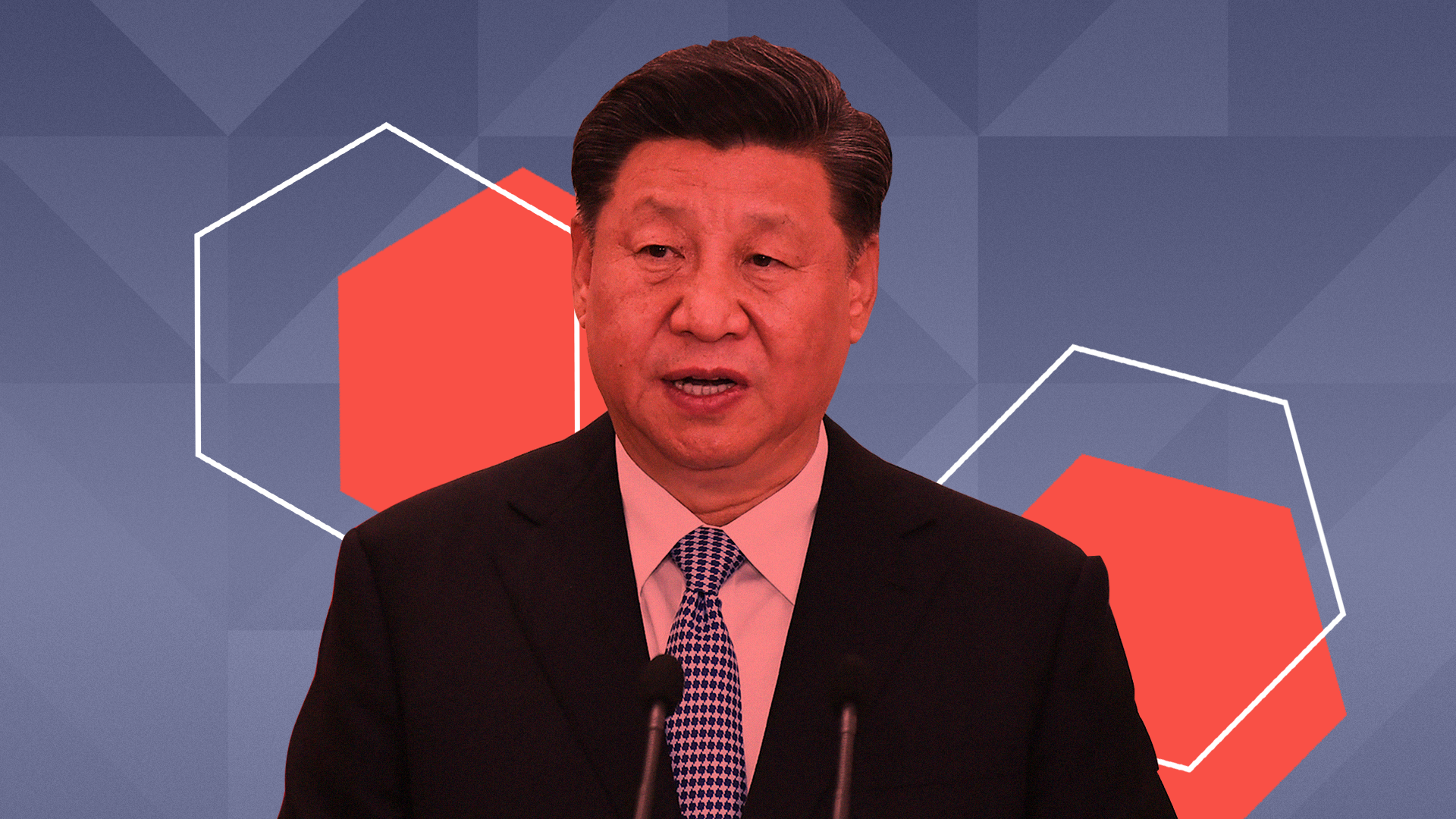Is this a move for political gain?
It’s easy to see why China chose to announce these ambitious new targets now.
Trump’s administration has been disastrous at tackling climate change and he has denied its existence many times. Most recently he dismissed reports that California’s annual forest fires have become steadily more severe as a result of increasing global temperatures, instead opting to comment that ‘science doesn’t know’.
To add to these eye-rolling public statements, he has regressed the United States’ climate goals and severely damaged the country’s progress during his four years in office. He’s rolled back Obama’s methane regulations, opened the Arctic National Wildlife Refuge to drilling, rejected stronger air pollution standards, and has pushed to limit the government’s environmental review policies. It seems his priority will always be oil companies and economic growth, regardless of how awful the environmental consequences are.
This is not an approach that is popular with the rest of the world, especially with young voters and Gen Z. In fact, for most of us younger folk, it is our number one political concern and we remain the most urgent voice that leads the charge for actual geopolitical change.
It’s no coincidence that Xi Jinping decided to jump onto the world stage with news about the climate merely minutes after Trump threw several hyperbolic and unhelpful Coronavirus accusations at China. The two countries are already on shaky ground, and Xi Jinping knows that committing to climate action now will give his party and country more influence over environmental bodies in the future to get ahead of the US.
This isn’t strictly limited to the climate, either. As Washington pushes forward with rejecting international bodies like the Word Health Organisation and continues to marginalise itself from the rest of the world, it leaves an opportunity for China to become more influential and affluent in global politics. Most recently Xi has been stressing for peace, co-operation, and diplomacy. Even if the reality in China doesn’t necessarily correlate with his rhetoric, it’s obvious that Xi understands how to play the international political field far better than Trump.
Couple this with its sheer economic might, and China could easily wind up becoming a larger co-operative voice with democratic nations than the United States, which would be a bizarre state of affairs given that it’s the so-called ‘land of the free’.
Are China doing enough to warrant any praise?
However, while marching into the UN and talking big about climate goals is all well and good, it’s worth keeping in mind that China hasn’t actually done anything yet and continues to pump out emissions at staggering rates.
In the first half of 2019 its emissions grew by 4%, and the overall global CO2 emissions for last year rose directly as a result of China, despite the rest of the world reducing its fossil fuel usage. In many ways it remains the number one nemesis of global progress despite the sudden apparent change of heart.
The promise of peaking emissions by 2030 also doesn’t scream urgency. The change needs to happen right now and the thought of emissions rising exponentially for another ten years doesn’t fill me with a whole lot of hope. Carbon neutral by 2060 is a decent target, but when Greenland’s ice sheets are near enough disappearing as we speak, I can’t help but feel more needs to happen sooner.
So, while this new and unexpected shift from China is certainly welcome from an environmental perspective, it should be approached with caution. Motivations for throwing its hat into the emissions reduction ring will almost certainly be for political gain and as of yet it hasn’t done anything to prove it can put its money where its mouth is. Until the reliance of fossil fuels actually slows down, until the numbers actually start falling, until we see some real, tangible, meaningful shift, I’ll be holding my applause.
Even if Xi delivers on these promises, his country still has a lot to answer for. What about the millions of detainees stuck in ‘re-education’ camps? The aggressive crackdown on Hong Kong protestors? The data mining from TikTok? Trump may be an aggressive lunatic, but China is still an authoritative state that does not abide by democratic rules.
It’s worth remembering this as Xi talks about peace and diplomacy. Giving China more of an influence on our climate change goals is a good thing for the planet’s future, but it could erode some of our democratic principles. The good news is that if Joe Biden wins the 2020 election climate change will be back on the agenda, and we may see the US embrace communication with other nations once again.
The best outcome here is a Democratic victory come November. So, for the love of all that is holy, make sure you go out and vote.



















